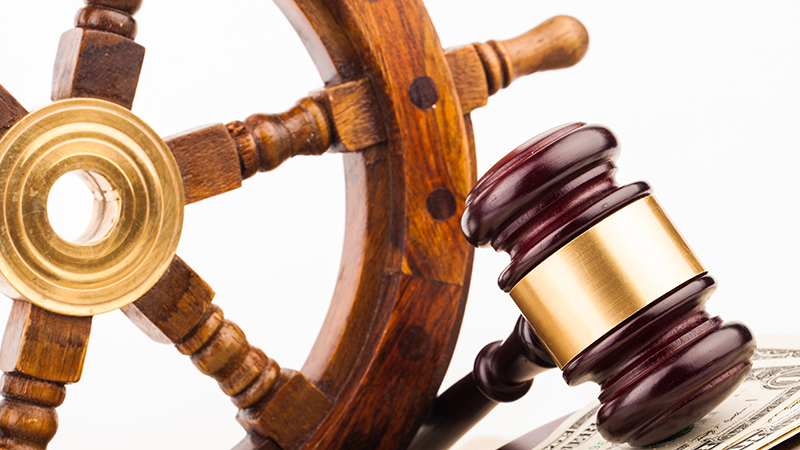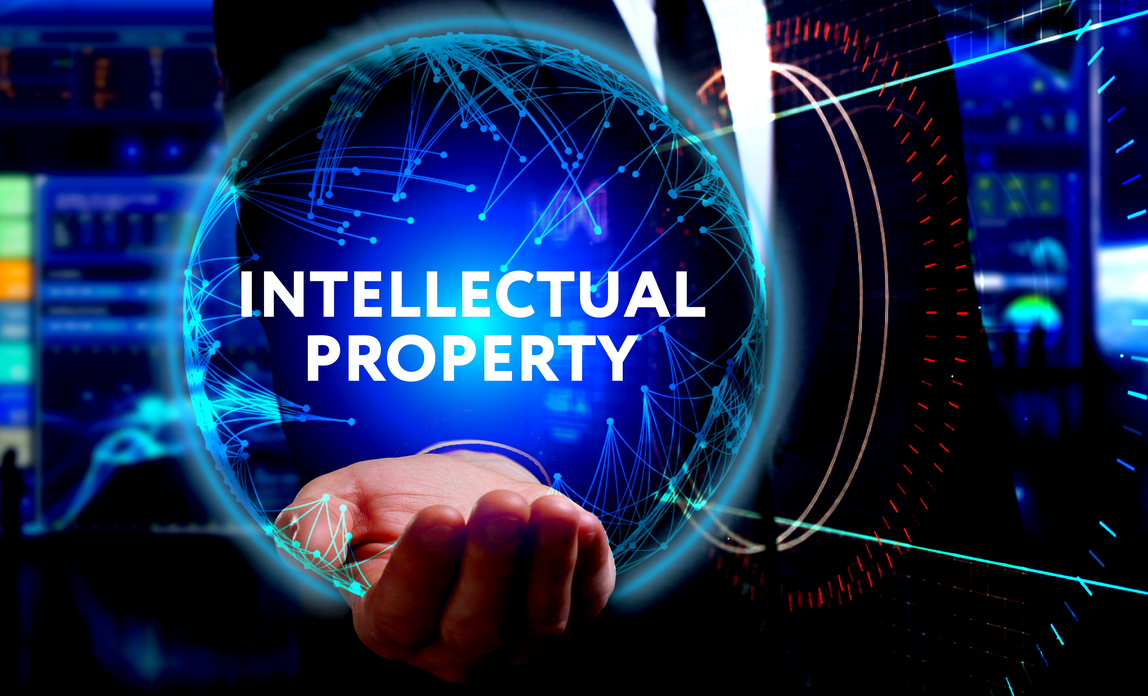The Nigerian entertainment industry has grown exponentially over the years, becoming a significant contributor to the country’s economy. Nollywood, Afrobeats, comedy, fashion, and digital content creation have all gained global recognition. However, this growth has brought about legal challenges and complexities that must be addressed to protect stakeholders and sustain the industry’s momentum. Below, we explore some of the emerging legal issues shaping the Nigerian entertainment landscape.
Copyright Infringement and Intellectual Property (IP) Rights
Copyright infringement remains one of the biggest challenges in the Nigerian entertainment industry. Musicians, filmmakers, and content creators often find their works being reproduced, distributed, or sold without proper authorization.
For instance, the advent of digital platforms has made it easier for pirated materials to spread rapidly, robbing creators of their due revenue. The Copyright Act of Nigeria provides protection for intellectual property, but enforcement remains weak. Many creators struggle with filing claims, pursuing litigation, or even understanding their rights.
To combat this, creators must register their works with the Nigerian Copyright Commission (NCC), while industry stakeholders must advocate for stricter enforcement measures and public awareness campaigns.
Contracts and Unfair Agreements
Another legal issue plaguing the industry is the prevalence of poorly drafted contracts or exploitative agreements. Many artists, especially upcoming ones, often sign contracts with record labels, producers, or sponsors without fully understanding the terms.
This can result in situations where artists lose control of their creative works or are tied to unfavorable terms for years. For example, disputes between record labels and artists over royalties, ownership rights, and exit clauses are increasingly common.
To address this, it is crucial for artists and other stakeholders to seek professional legal advice before signing any agreements. Entertainment lawyers can help in negotiating fair terms and ensuring that contracts comply with Nigerian laws.
Defamation and Social Media Regulation
Social media has become an indispensable tool for promoting entertainment content. However, it has also opened the door to legal battles over defamation and libel. Celebrities and content creators are frequently at the center of controversies involving false claims, damaging statements, or cyberbullying.
Under Nigerian law, defamation occurs when a false statement injures someone’s reputation. With social media amplifying the reach of such statements, victims often pursue legal action to protect their image. The challenge lies in proving defamation, especially when content is shared anonymously or across international borders.
Stakeholders must exercise caution when engaging on social media and should consider consulting legal experts when faced with defamation claims.
Royalties and Revenue Sharing
As the industry grows, disputes over royalties and revenue sharing have become more prominent. Streaming platforms, radio stations, and event organizers often fail to pay artists fairly for the use of their works.
While organizations like COSON (Copyright Society of Nigeria) exist to collect and distribute royalties, there have been allegations of mismanagement and inefficiencies within these systems. Artists are calling for more transparency and accountability to ensure they receive their rightful earnings.
A solution lies in embracing technology, such as blockchain, to track and distribute royalties more efficiently. Legal reforms to strengthen collective management organizations are also essential.
Digital Piracy and Online Streaming Platforms
The rise of streaming platforms has revolutionized the way Nigerians consume entertainment. However, digital piracy remains a significant challenge. Movies, songs, and other forms of content are frequently uploaded to unauthorized websites, resulting in massive revenue losses for creators.
The Nigerian government and industry stakeholders must work together to tackle piracy by shutting down illegal websites, imposing penalties, and raising awareness about the consequences of copyright violations. Additionally, creators should explore partnerships with global streaming giants that offer better copyright protections.
Talent Management and Labor Rights
Talent managers play a crucial role in shaping the careers of artists and entertainers. However, disagreements over commissions, contracts, and responsibilities often lead to legal disputes.
Similarly, labor rights in the industry remain underdeveloped. Many actors, dancers, and crew members work under poor conditions without adequate compensation or job security. The lack of standardized labor agreements leaves many vulnerable to exploitation.
Introducing standardized contracts and fair labor practices will go a long way in addressing these issues. Stakeholders should also advocate for better working conditions and remuneration for all involved in the creative process.
Data Privacy and Cybersecurity
As the industry becomes more digitized, data privacy and cybersecurity have become pressing concerns. Streaming platforms, ticketing sites, and social media accounts often collect user data, raising questions about how this information is stored, shared, and protected.
Hackers targeting entertainment companies and individuals pose another threat. Celebrities frequently report breaches of privacy, with sensitive information being leaked online.
Compliance with Nigeria’s Data Protection Regulation (NDPR) is essential to safeguarding user data. Entertainment companies must invest in robust cybersecurity measures and educate stakeholders on the importance of data privacy.
Censorship and Content Regulation
The Nigerian Film and Video Censors Board (NFVCB) and other regulatory bodies oversee content creation and distribution in the country. However, the line between regulation and censorship is often blurred, with creators accusing regulators of stifling creativity.
The censorship of movies, music videos, and even stage performances based on moral, religious, or political grounds has sparked debates about freedom of expression. Striking a balance between regulation and creative freedom is a challenge that requires continuous dialogue between regulators and industry players.
Conclusion
The Nigerian entertainment industry holds immense potential, but addressing these emerging legal issues is critical to its growth and sustainability. By prioritizing intellectual property rights, fair contracts, labor rights, and cybersecurity, stakeholders can create a more equitable and thriving ecosystem.
Artists, producers, and other players must also prioritize legal literacy and seek professional advice when navigating complex issues. Ultimately, a robust legal framework will not only protect stakeholders but also ensure that the Nigerian entertainment industry remains a force to be reckoned with globally.








